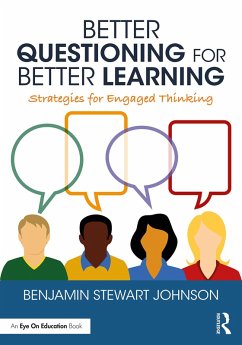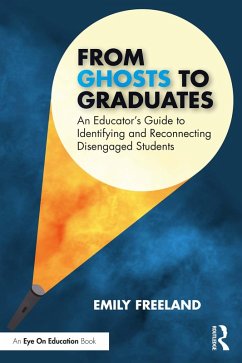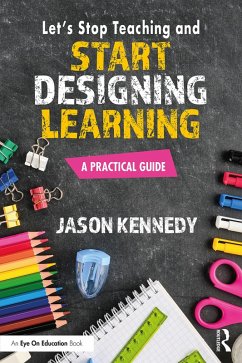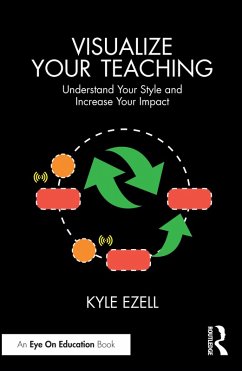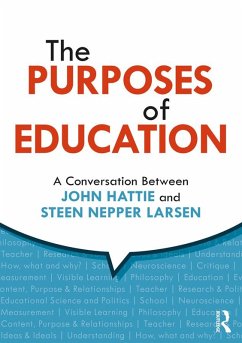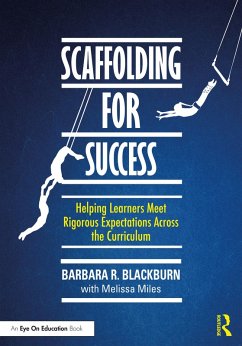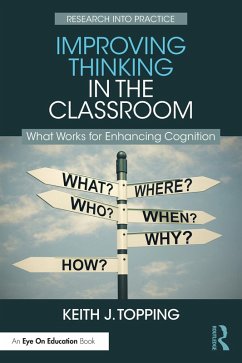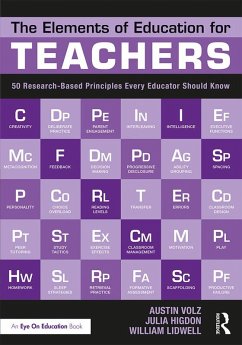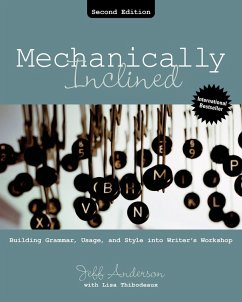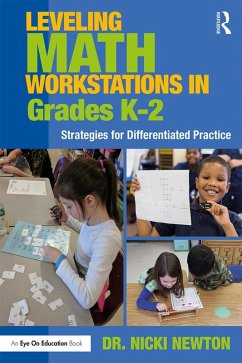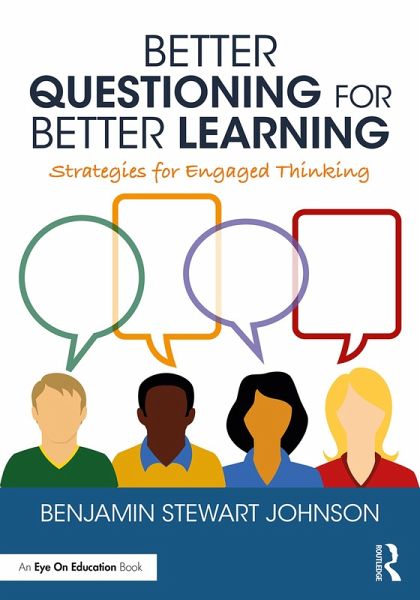
Better Questioning for Better Learning (eBook, ePUB)
Strategies for Engaged Thinking
Sofort per Download lieferbar
22,95 €
inkl. MwSt.
Weitere Ausgaben:

PAYBACK Punkte
11 °P sammeln!
Learn how to ask deeper questions and develop better questioning habits with this important resource. Author Benjamin Stewart Johnson takes you step by step through the key considerations and brain- based research to keep in mind when developing questions. He begins with an overview of why it's important to understand participants' thought process when being asked questions. He then shows how to set expectations for virtual questions and face- to- face questions; how to plan authentic, higher- order questions; how to scaffold and differentiate questions; and how to avoid zombie questions. In a...
Learn how to ask deeper questions and develop better questioning habits with this important resource. Author Benjamin Stewart Johnson takes you step by step through the key considerations and brain- based research to keep in mind when developing questions. He begins with an overview of why it's important to understand participants' thought process when being asked questions. He then shows how to set expectations for virtual questions and face- to- face questions; how to plan authentic, higher- order questions; how to scaffold and differentiate questions; and how to avoid zombie questions. In addition, he debunks myths such as wait time and points out the best ways to help learners support their answers, use questions to check for understanding, and more. Each section concludes by helping you create an action plan to improve your skills in a given area. Appropriate for teachers, instructional coaches, training facilitators, and specialists, the book can be used independently or in schoolwide book studies to help educators of all subjects and grades improve the depth and quality of their questioning.
Dieser Download kann aus rechtlichen Gründen nur mit Rechnungsadresse in A, B, BG, CY, CZ, D, DK, EW, E, FIN, F, GR, HR, H, IRL, I, LT, L, LR, M, NL, PL, P, R, S, SLO, SK ausgeliefert werden.




